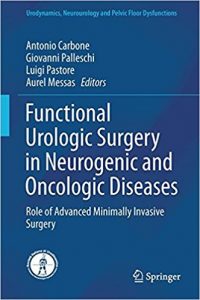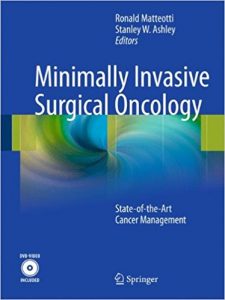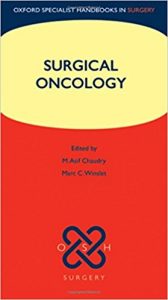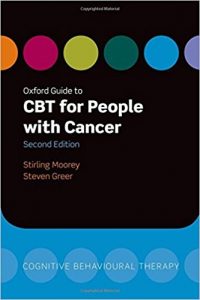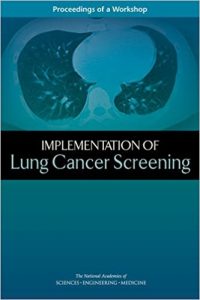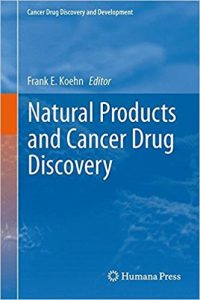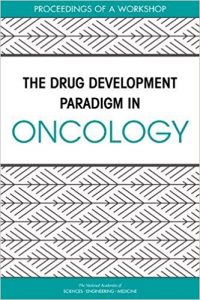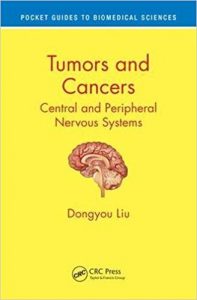Oncology: An Evidence-Based Approach (Chang, Oncology)
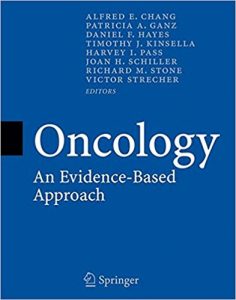
[amazon template=iframe image2&asin=0387242910]
“This is an extremely informative book. … This book aims to give an evidence-based approach to oncology. … It should be recommended reading for any health professional … . The section on survivorship sets this book apart from other similar texts. … a good book, and a useful addition to the library of the practising Oncologist. … It certainly has great strengths in it’s involvement of cancer survivors, its strong use of quality data and its careful balancing of benefit and toxicity of anti-cancer therapy.” (Dr. Simon Grumett, Oncology News, Vol. 1 (2), 2006)
“This text … has the physical gravitas of a worthy scholarly tome. … Oncology is a different textbook on the subject. It opens … with an introduction to an evidence-based approach to oncology. … my impression of this book overall is highly favorable – it provides comprehensive coverage of the basics, with extensive information about new areas. … oncologists will enjoy exploring it in their leisure time.” (Robyn Ward, The New England Journal of Medicine, July, 2006)
“This book looks at the complexity of oncology by utilising an evidence-based approach. … it is easy to read and should capture the reader’s attention due to the layout and style in which it is written. … Overall a great book providing comprehensive coverage of the evidence-based approach to oncology, allowing the readers to make their own decisions. I would recommend this book to all health professionals who have an interest in oncology.” (Di Saward, CancerForum, Vol. 30 (3), November, 2006)
“This concise book is a current source of information on all major cancers, diagnostic methods, and several general topics of interest for those caring for oncology patients. … This is a well-referenced textbook of oncology. … This textbook would be useful for anyone reading to stay up-to-date on a topic. … Recommended Readership: Internists with an interest in cancer, oncologists, oncology trainees, allied health service and nurse practitioners, and physician assistants who deal with patients with cancer. Medical libraries should have this book.” (Ravi D. Rao, Mayo Clinic Proceedings, Vol. 81 (5), May, 2006)

